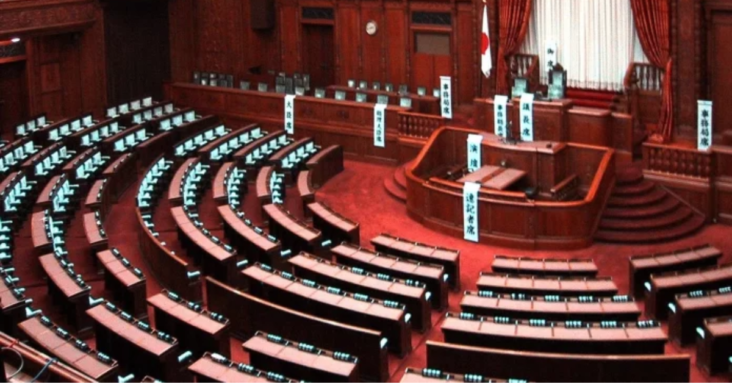
The entire Japanese government has resigned, Suptnik reported quoting a Kyodo news agency report.
A special meeting of the cabinet started at 11.30am local time (02.30am GMT). The new Japanese government led by Prime Minister Fumio Kishida is expected to be announced soon.
Originally, the government reshuffle was supposed to be carried out in early September, but now due to the mention to accelerate the promotion of his economic concept of “new capitalism”, the need to take action due to rising food and fuel prices, and in order to prepare in advance for the session of parliament, the prime minister decide to speed up the reshuffle process in the government
Approval ratings slide
Earlier, Bernama reported Japan’s prime minister reshuffled his cabinet Wednesday after a slump in approval ratings, replacing the brother of assassinated ex-leader Shinzo Abe as defence minister.
Fumio Kishida led his ruling party to victory in an upper house election last month, days after Abe was shot dead by a man resentful of the Unification Church.
Since then, as the public scrutinises the church’s ties with Japanese politicians and Kishida’s handling of the economy, approval ratings for the government have tumbled.
They fell 13 percentage points in three weeks to 46 percent, according to a poll published Monday by public broadcaster NHK, while another survey by the Yomiuri Shimbun daily showed a drop of eight points from July to 57 percent.
Political veteran Yasukazu Hamada was named defence minister — a key role given Kishida’s pledge to ramp up the defence budget to counter growing threats from China and North Korea.
Hamada, who previously served as defence minister from 2008-9, replaced Abe’s brother Nobuo Kishi, whose ailing health has prompted concern.
Kishi also recently vowed to “thoroughly review” his links to the Unification Church, after acknowledging that church members had served as campaign volunteers.
Since Abe’s death a month ago, Japanese media has revealed that many ruling lawmakers — especially those in Abe’s faction — received similar assistance from Unification Church members, something the group says followers only do as private citizens.
The organisation founded in Korea in 1954, whose followers are colloquially known as “Moonies”, has confirmed that the mother of the man suspected of killing Abe was a member.
She reportedly declared bankruptcy after making donations of around 100 million yen ($1 million at the time) to the church. The public is also split over Kishida’s decision to hold a state funeral for Abe, Japan’s longest serving prime minister whose nationalistic stance was divisive.



